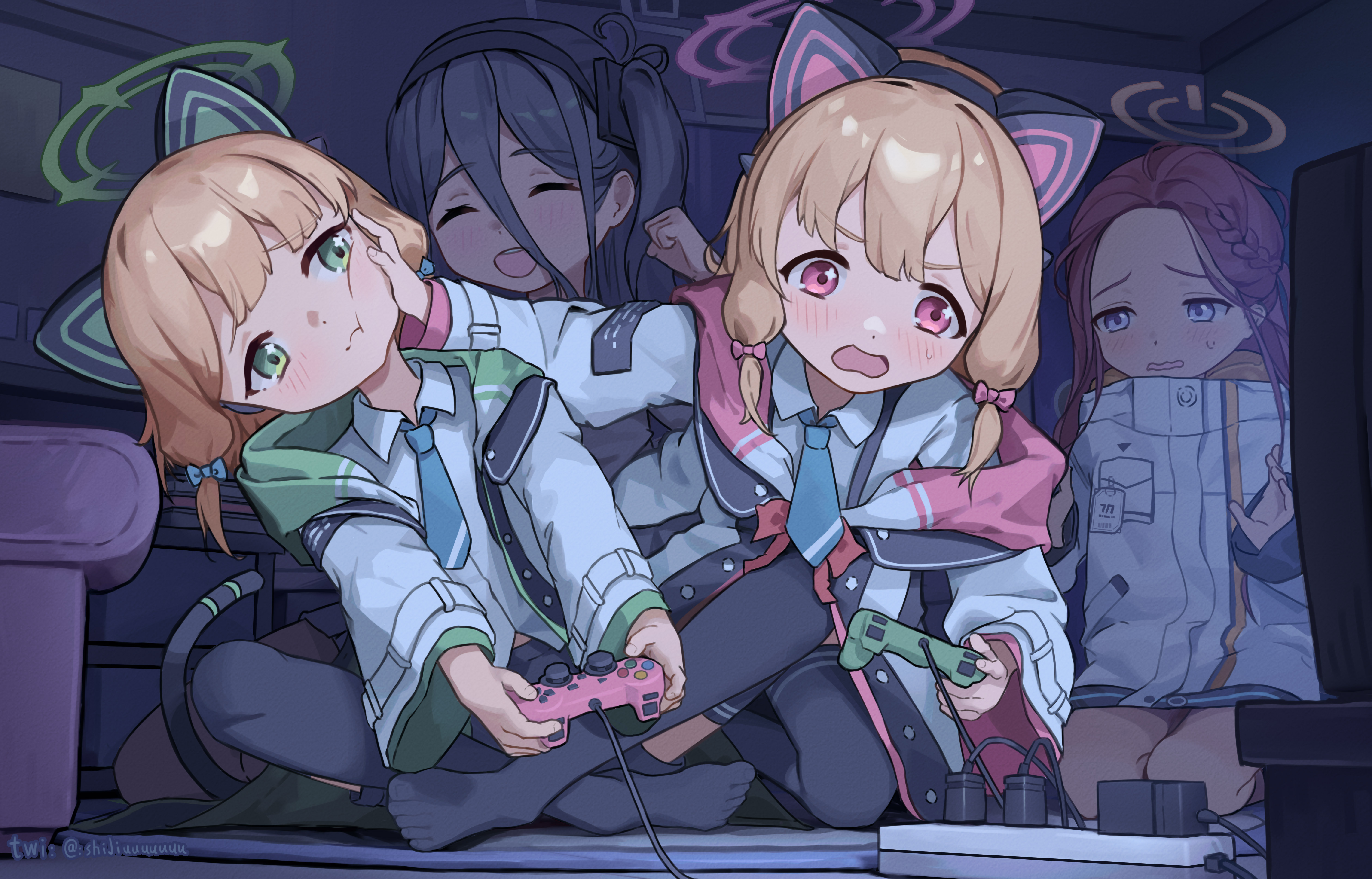The pimp of the Hell Hotline service.
Just like my School Rumble review, today we will have a review of the the two seasons of Jigoku Shoujo. Unlike the School Rumble review though, there will be only one combined review for this series.
Story:-
This watered down horror series revolves around Enma “Jigoku Shoujo” Ai, who is the mastermind of the Hell Hotline website. The ‘service’ she provided mainly involves sending people to hell, inclusive of her customers too at a later date. As she mechanically works hard at sending people to hell, we got to see the POV of her customers and also of their victims. And this is mainly what made the series up.
The first season suffers from the syndrome of being slow starters before arriving to the main plotline. I somewhat very thankful that I persevered to watch this anime up to episode 9 or 10 where the plotline started to take place, because I have been considering stopping watching this series the way I did with Eureka 7 because of its repetitiveness. However when the plotline start rolling in (where the journalist and his daughter tried to stop Enma Ai) this series is simply awesome to watch. Episode 18 for example is one of the best episodes I have ever seen in an anime series. I still thinks of that episode today, such is the high impact that episode has to me. The ending though, are not exactly good though because it left the viewer hanging for more of Enma Ai and the journalist’s family.
This lead me to high expectation when I started to watch the second season. Here Enma Ai has altered her modus operandi somewhat, with her alternating the job of being a straw doll between her 3 lieutenants instead of just using one, and becoming more and more proactive at scouting potential ‘customers’ and ‘victims’. But the biggest mistake of the second season is that the series spend the first 20 episodes being plotless and repetitive, just like the first 9-10 episodes of season one. Only in the last 4 or 5 episodes did the plotline started to make shape, with an ending better than the first season presented. Plus, the journalist and his daughter in season one very barely made their appearance. The second season can lost half of its 26 episode runs and you won’t even notice.
Character Design:-
One word can desribe the character design of Enma Ai, and that word would be AWESOME. It really caters to the loli/pedo inside of me. This series has great character designs, especially for recurring characters. For episode-specific characters, there are times where I find the characters designs to be repetitive. If you looks at Enma Ai ‘customers’ most of them usually are females (usually school-going ones) and I can’t help but feel that some characters are ‘recycled’, if you know what I mean.
Voice acting:-
Enma Ai suffers the same syndrome just like what Harima Kenji does in School Rumble. Her voice is great and terrifying in the first season but decreased in quality in the second season. You fail here Mamiko Noto, but to be fair, Harima Kenji fared worse than Enma. The rest of the characters generally has great voice acting, with lots of good and easily recoginizable voice actors/actresses such as Ayako Kawasumi, Fumiko Orikasa and Rie Tanaka taking part at voicing Enma Ai’s ‘customers’ or ‘victims’.
Even a pimp from Hell need to eat too.
Music:-
Only the second season ED theme are good enough to go into my iPod. The OST and other themes should be left uncommented.
Animation/Direction:-
The animation here is great for both seasons, and the directing is simply awesome, especially for the aforementioned episode 18 of the first season. The director really are good (most of the time) at showing how cruel humans (whether the victims or the customers) can be. I still remember screaming ‘just pull the f**king thread already’ as I watched how the school girl (Enma’s customer) in episode 18 slowly being driven to insanity by her tormentor. Not all episodes has great directing like ep18, but many of them are pretty good.
Conclusion:-
7 out of 10. If not for the repetitiveness of the story especially in second season and also for the average music, this series would have gotten more. (note added in the moving process: there will be a 3rd season! YAY!)






















